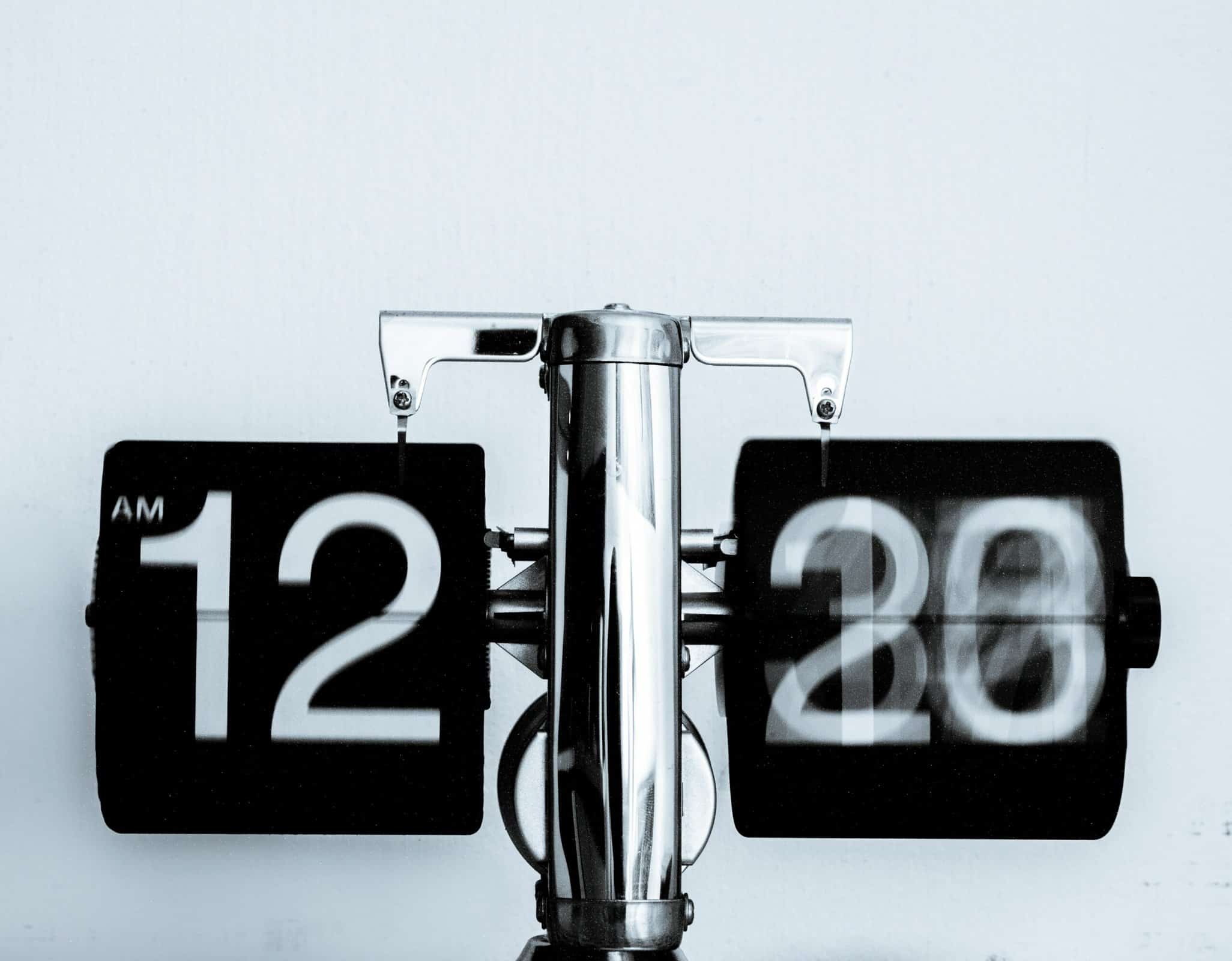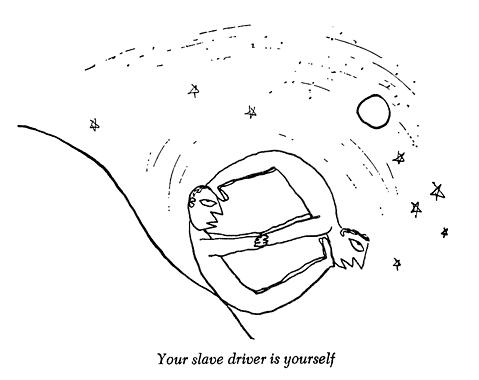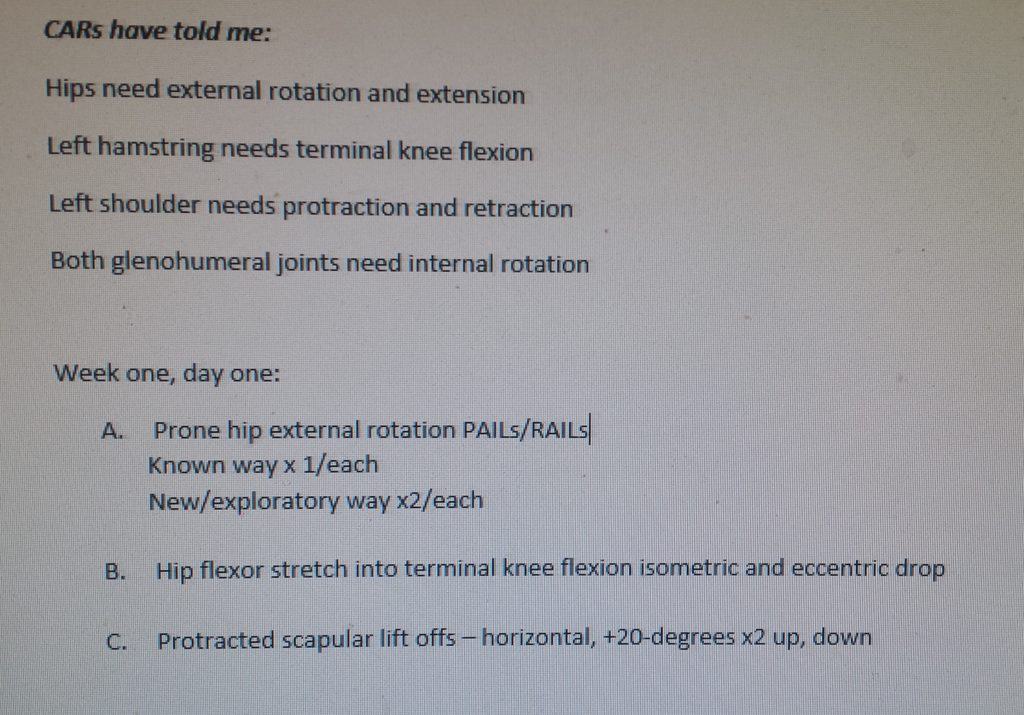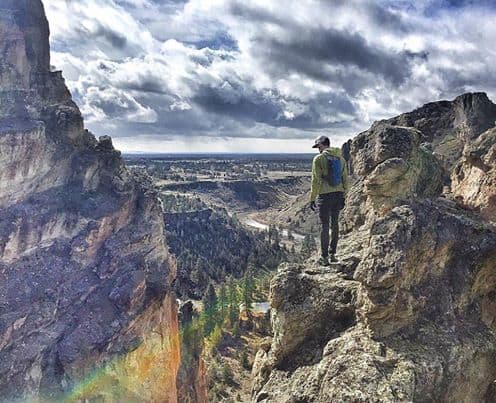
Time Constraints Kill Curiosity
For a very long time, my ability to do work was my defining feature. I needed to get stuff done to prove myself capable and worthwhile. When I was younger my Mom made us chores lists. She wrote them on paper plates and the backs of envelopes and taped them to the front of kitchen cabinets. As an adult, I no longer needed lists. I looked for chores. I sought them out so nothing would pile up. Taking care of things as soon as possible meant my options later were full of possibilities. Future Chris could do whatever she wanted. Relaxing existed for when the work was done.
I grew into the person who will take off on a three hour hike, take a peek at the destination viewpoint, and turn right around and head back. The work was only half finished. The longer I stayed in one place the more prolonged the task became. Finishing was the goal so I could work on something else. Perhaps that’s why I’ve never really felt accomplished. My satisfaction only came in the space between efforts, and I made that space as narrow as possible to keep achieving.
Photo Credit: Wilhelm Relch via Olivier Goetgeluck
I was convinced that a little suffering now would lead to more joy later, and that future happiness was earned through an immediate work ethic.
The trouble was, my preoccupation with doing things prevented me from enjoying things. I was intoxicated by the after effect that only followed finishing. Starting something, too, was wildly exciting. It was the painstakingly long middle that seemed the most meddlesome. Sundays, for example, always teemed with laziness. I don’t feel like myself on Sundays. I stay in bed too long and wait for the routine of Monday to come. Saturdays I am the conqueror. Sundays I am a frail peasant, meekly waiting for more work to arrive.
When I’m forced to stop, I become curious about me instead of the things around me. Standing still, I can reconsider and think. Perhaps the next moment won’t hold what this one lacks. There could be a sereneness to the scary quiet. Everything was new again when you altered what you looked at and gave the moment a chance to move you. Being present was an experience in itself. You could react instead of act.
The purpose for moving my body had changed. It didn’t exist for me to pummel it into the ground in an effort to outwork the competition. It existed for me to feel things — to interact and experiment and play. Little by little I started to go off the page. Hitting a pre-determined number of sets and reps started to seem foolish to me. I wasn’t weak for cutting things off early, I was aware of diminishing returns. This sophisticated living anatomy was far more in tune with what I needed than a generalized, rote program. I could let it guide me.
A bridge was needed to get me from ‘finished content’ to ‘experimental delight.’ I decided to write myself out a program. After the FRC seminar in Portland, I typed up the following protocol. I simply built exploration in:
‘D’ would have likely read, “Make something else up.”
If all training programs are based on models and theories, my body and brain should be quite capable of creating engaging challenges for itself:
All I really do now is play. Whether I have a little time or a lot of time, I do what I feel like doing. I ask my body to keep up with my brain, and if I dream up something I can’t quite get, I figure out how to bridge the gap. It’s deliriously fun work, and I’m enjoying every second.
An adventurist who’s seen the TOP of a rainbow – Dewey Nielsen.






